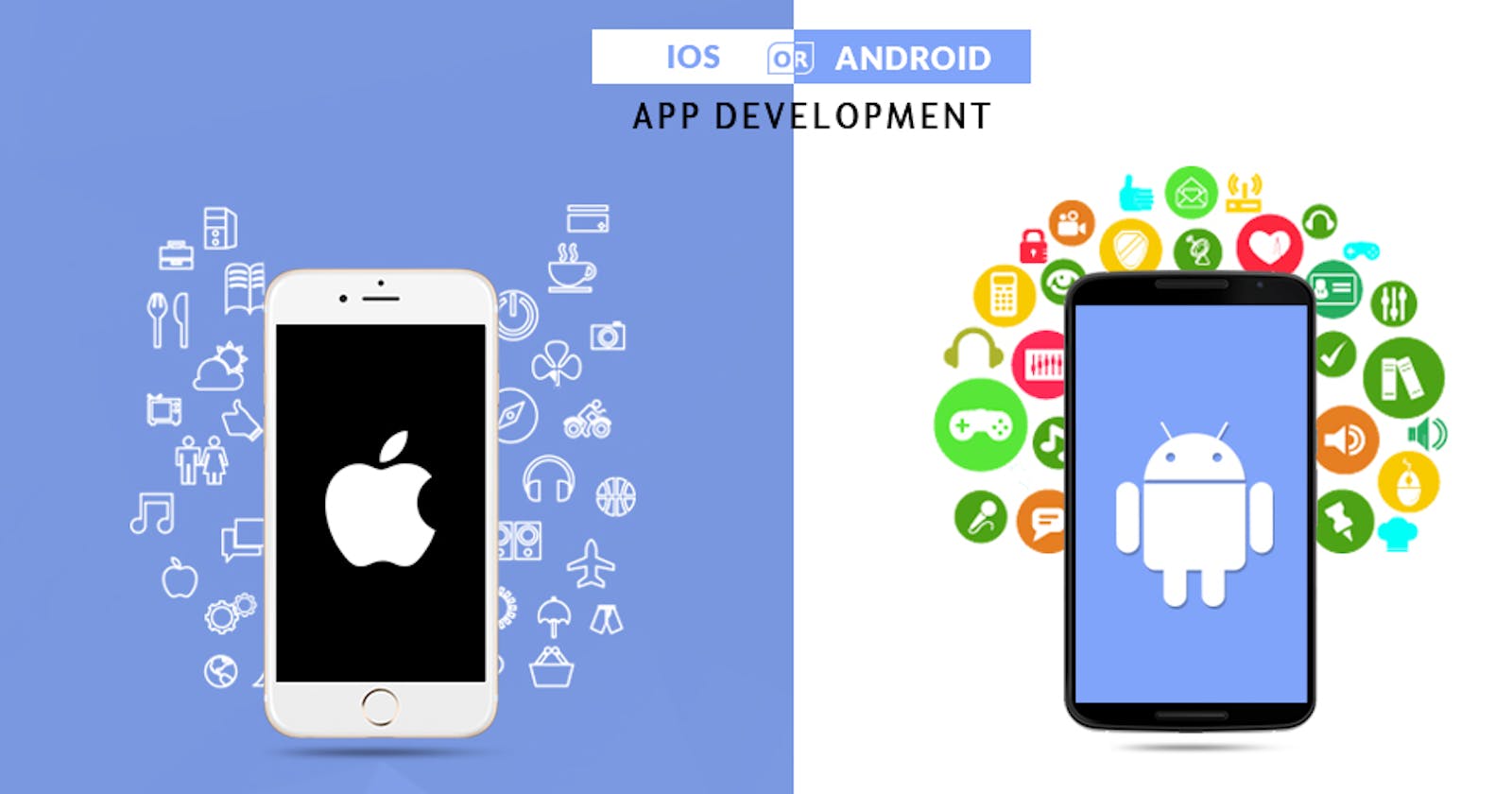At first, an app might just seem like an app, no matter what phone it’s on. After all, many of the most popular apps will look just the same, no matter if they are on an iPhone or a Samsung. Actually, it’s not quite that simple. What are the differences between iPhone and Android apps and why do they matter?
App Store or Play Store? For developers
Last year there were 2.7 million Android apps , while there were 2.2 million apps for the iPhone. If it were just about the numbers, one could just say a higher number must mean that the Play Store is more popular and therefore better.
But it’s actually not quite that simple. The App Store has traditionally been the more lucrative destination for app developers. No wonder! iPhone users tend to spend more money on apps than Android users.
However, this can be like a two-sided blade, as the competition for quality apps on the Play Store might actually be lower.
The Play Store charges a one time 25$ fee for uploading an unlimited number of apps, while the App Store charges an annual Developer Fee of 99$ . While this might not be a large sum for a big firm, an individual or small business might rather want to opt for a mobile-friendly website.
While the app store might seem like a more affordable option, its users are used to getting apps for free. There is a bigger share of free apps on the Play Store than on the App Store and Android users are somewhat used to getting apps for free. This reaches an extent, where some apps are free on the Play Store but cost money on the App Store.
In terms of generating revenues, it used to be a pretty level playing field it is a pretty level playing field in terms of commission. Both the App Store and the Play Store take a 30% fee, which means that a developer only gets 70% of the money that a customer pays for an in-app purchase.
However, Google cuts this commission in half for monthly payments that have lasted for over a year meaning that after the 12th renewal of an App Store subscription, a developer will get 85% of the revenues.
Overall, it really depends on why one publishes an app and what their goals are, so the safest option is usually to support both platforms.
App Store or Play Store? For users
Much of the information for developers is also relevant for users. Users might appreciate that they’ll find some paid App Store apps on the Play Store for free. On the other hand, iOS apps are tailored to Apple devices, while Android apps are made universally for any kind of device running that operating system.
Therefore, if money is an issue, the Play Store might be the better place to go, but the App Store might offer apps with better user experience.

